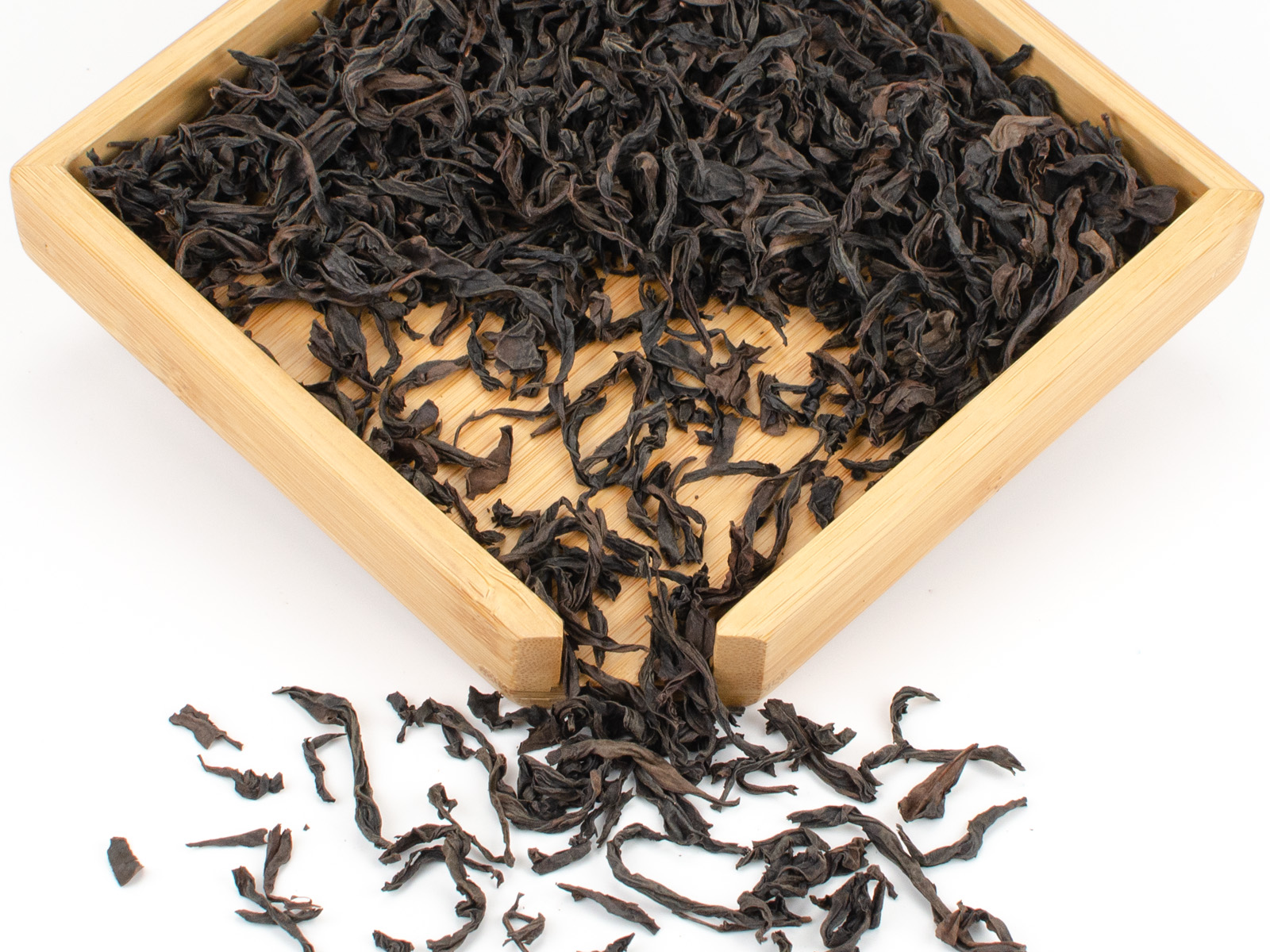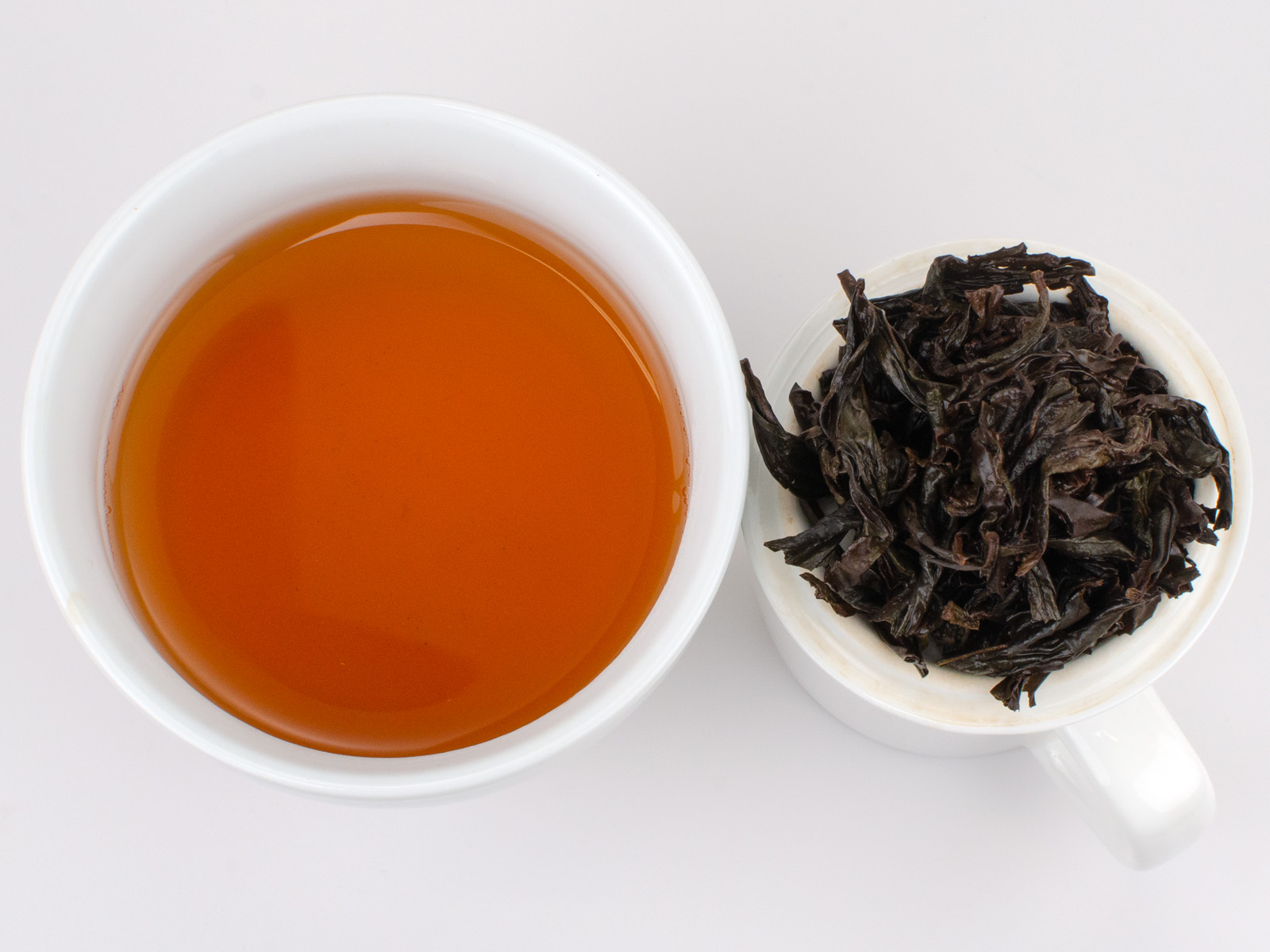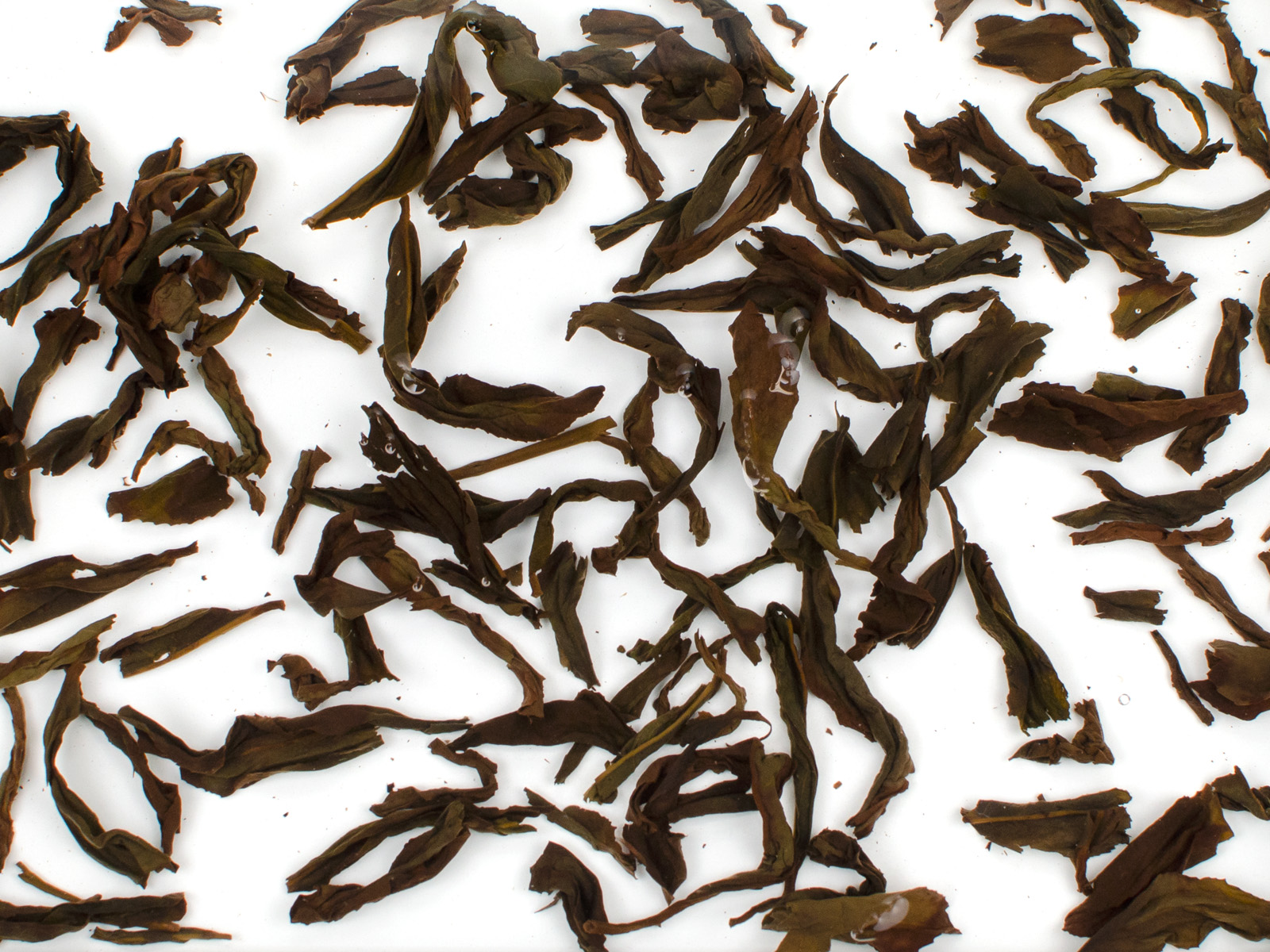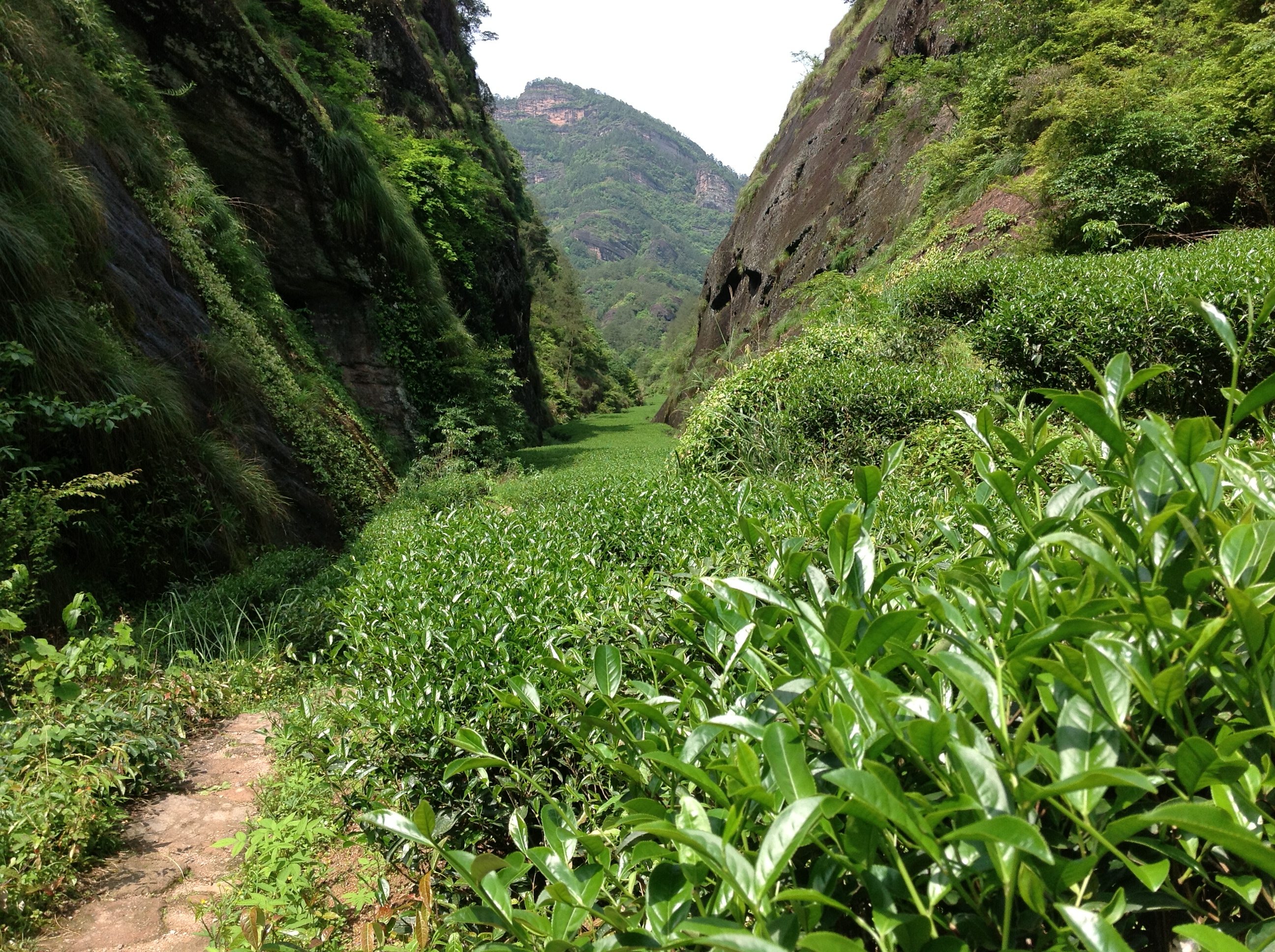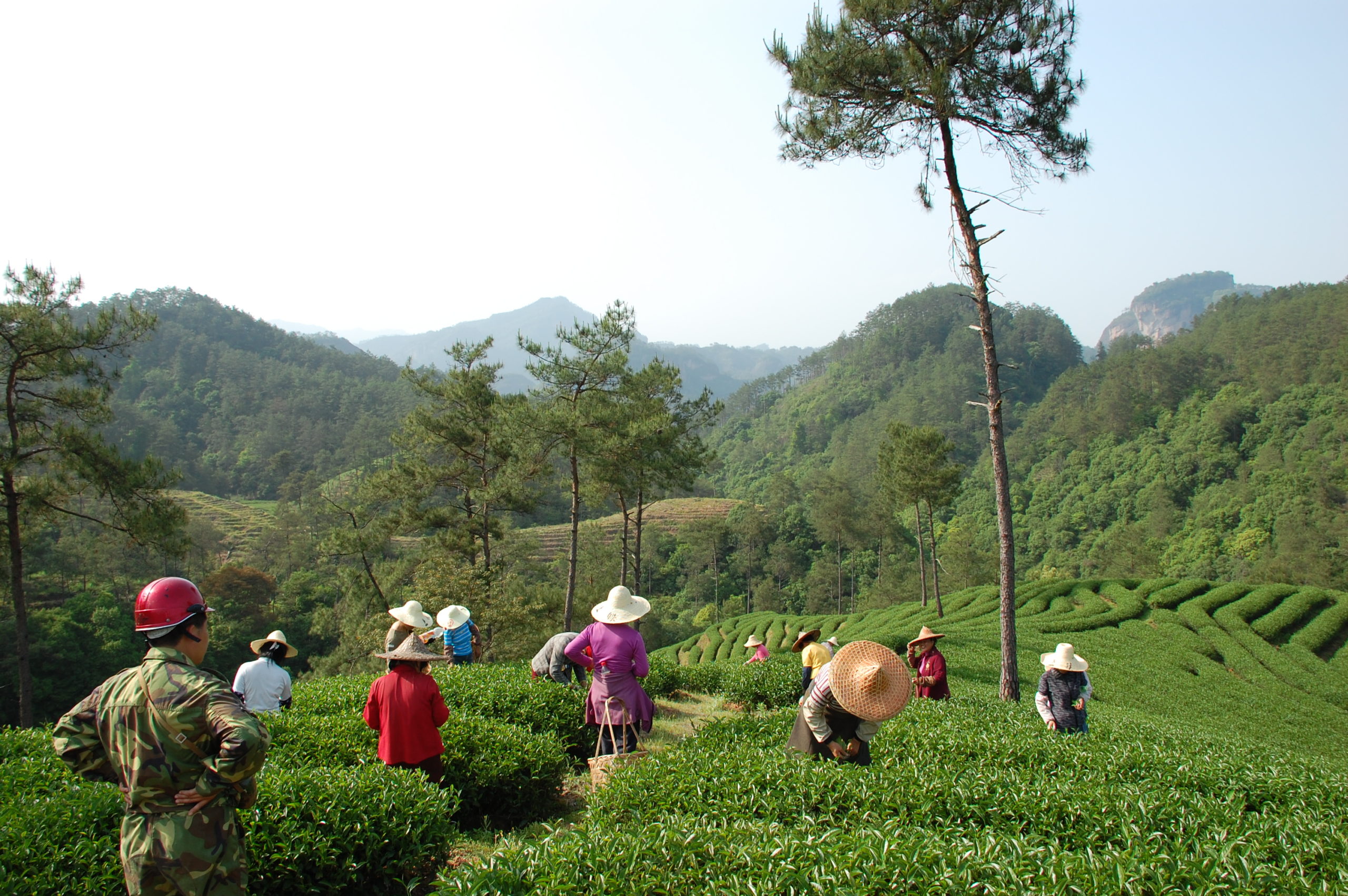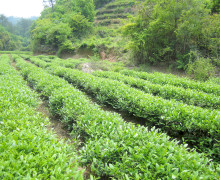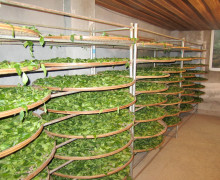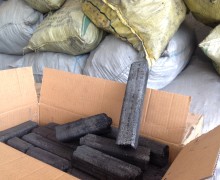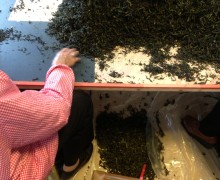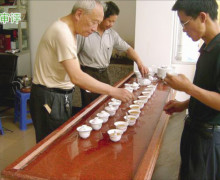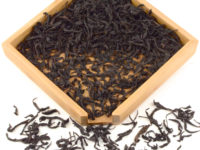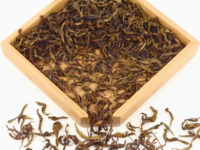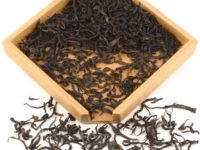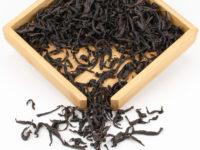Shui Jin Gui (Golden Water Turtle)
Rock Wulong Tea 2025
This charcoal roasted tea has a dark chocolate aroma, a sweet floral finish, and a flavor that never goes bitter. Using the traditional slow method of charcoal roasting, Shui Jin Gui does not possess the heaviness of other similar teas, remaining dark yet clean and smooth. Classically one of the “four famous” tea varieties of Wuyishan.
- 2024 $15.80
- Tea Origin
- Wuyishan City, Fujian Province, China
- Tea Bush
- Shui Jin Gui (Golden Water Turtle)
- Tea Maker
- Zhou Yousheng and Huang Shiying
- Harvest Time
- Early May
- Plucking Standard
- Zhong kai mian
As one of four famous rock wulong teas along with Da Hong Pao (Big Red Robe), Tie Luo Han (Iron Monk), and Bai Ji Guan (White Rooster Crest), Shui Jin Gui exemplifies rock wulong tea’s distinct complex character while remaining light. These rock wulongs develop a rich mineral aftertaste from growing in the mineral rich soil of Wuyishan in Fujian Province. This unique characteristic is known as yan yun or “rock rhyme.”
Mythology and history of Shui Jin Gui
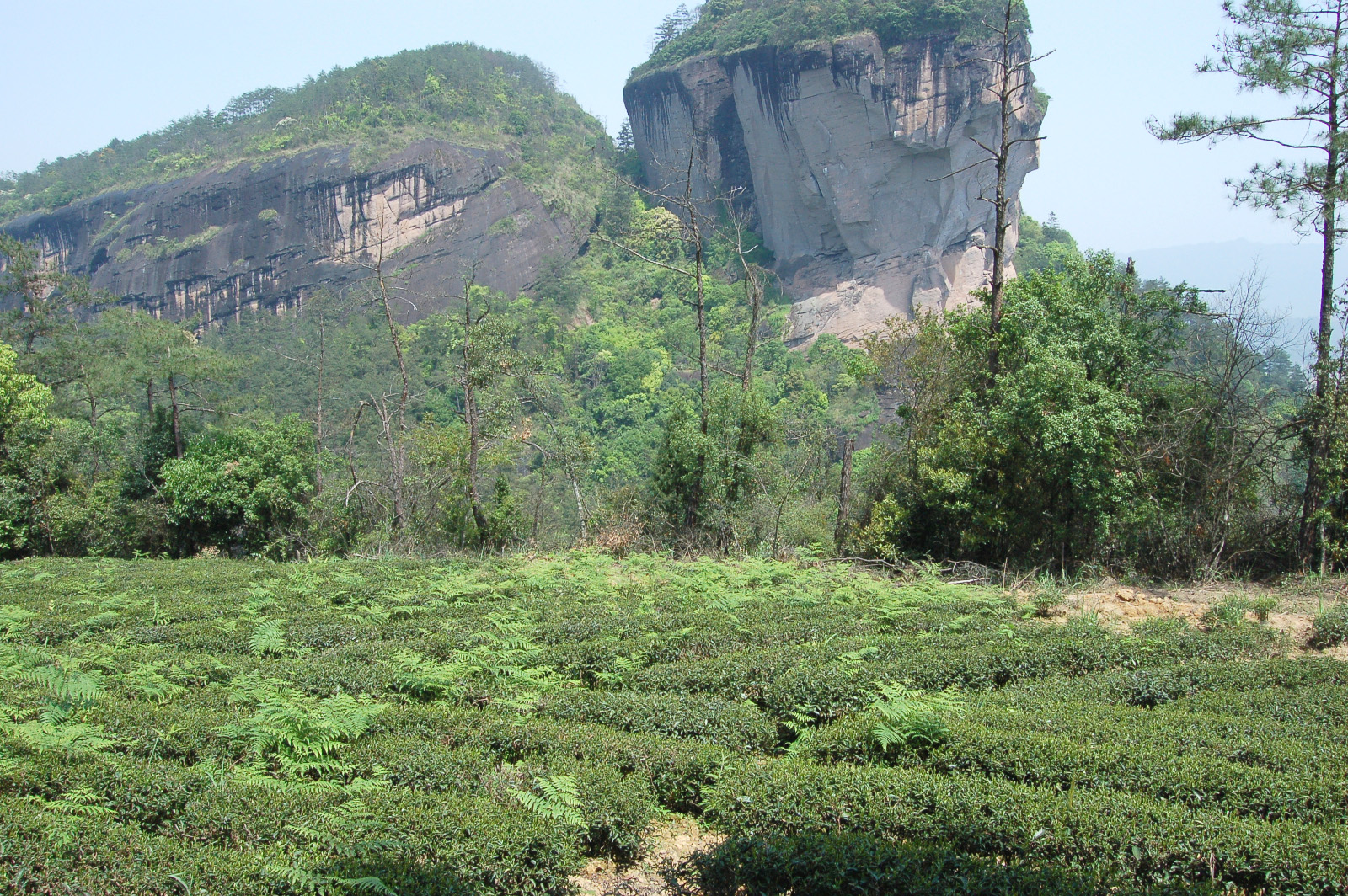
Shui Jin Gui’s origin story tells of exceptional tea bushes cultivated by monks living high on the slopes of Wuyishan. A torrential storm washed a few of these cliff-dwelling bushes down onto another farmer’s land. The tea bushes were carried down the slopes by the flood as a great clump of clay soil with the tea bushes trailing on top. Its resemblance to the legendary algae-covered longevity turtle swimming in the water earned it the name “Water Turtle.” The monks wanted the bushes back, but the farmer whose land they were swept to refused. The local court decided in favor of the farmer, claiming that natural forces had favored him.
Traditional wulong hand-crafting techniques
The process for making Shui Jin Gui resembles that of most rock wulongs. The fresh tea leaves are harvested, slightly sun-withered, and partially oxidized before frying, kneading, drying, and roasting. However, a few special traditional techniques at the oxidation and roasting stages truly raise this rock wulong to the next level.
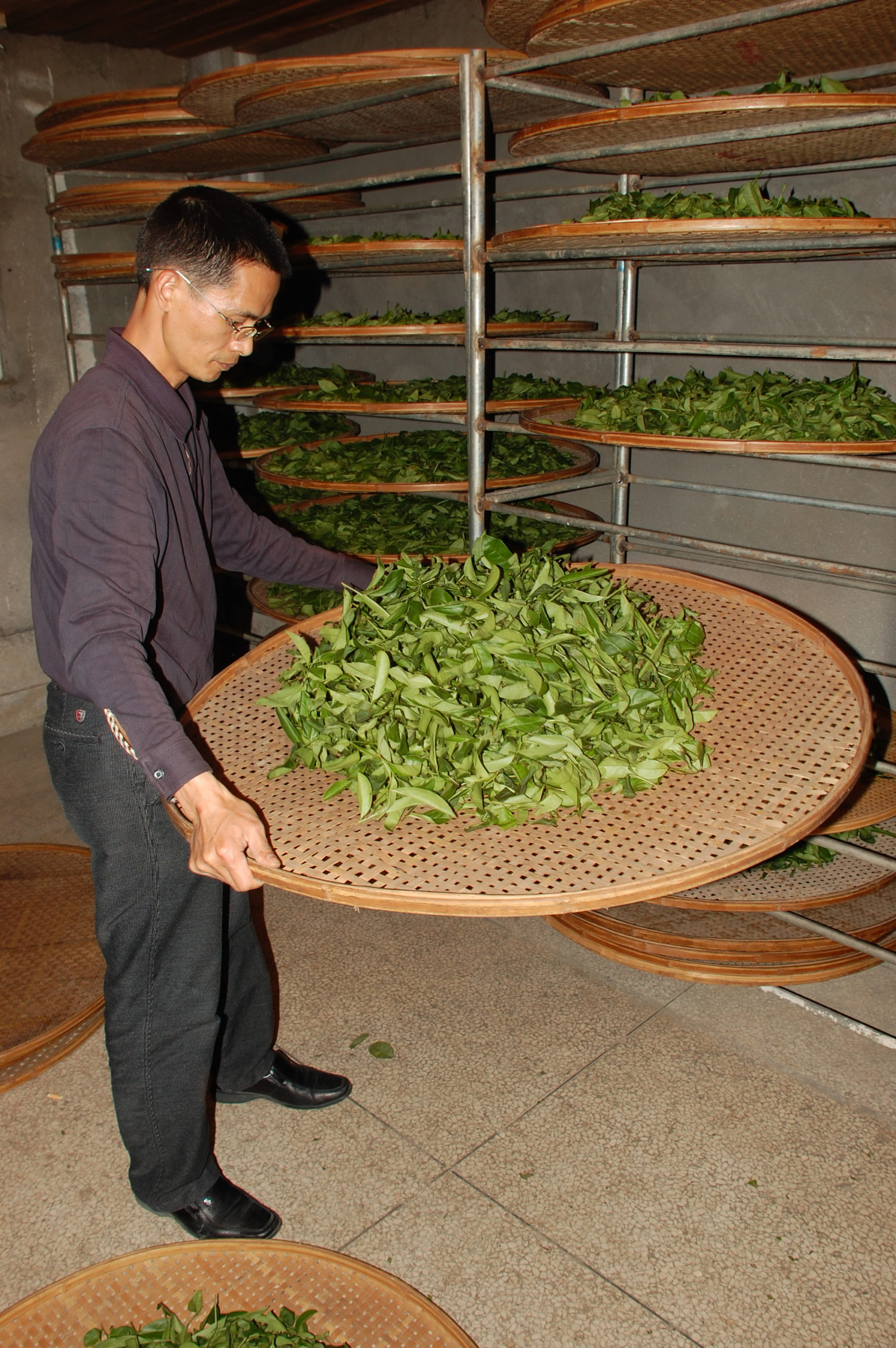
During the oxidation of the withered leaves, most wulongs are put through a ventilated rolling machine that tumbles the leaves to encourage oxidation. This method can produce excellent wulong. However, tea makers went the extra mile to oxidize the tea using the traditional tray-shaking method, where the tea is spread out on dozens of bamboo trays and each one needs to be intermittently shaken by hand over a period of several hours. The leaves also need to be carefully monitored to achieve the desired level of oxidation. This is both a highly labor-intensive task and one that requires a high level of skill to gently toss and bruise the leaves on the trays.
The leaves are sent through a very hot rolling oven at about 210°C (410°F) for 7-10 minutes to stop the oxidation at the right point. Then they are put through a kneading machine which compresses and kneads the leaves into their long twisted shape. After that, the tea is dried until its moisture content is stable enough to make mao cha. The mao cha is already dried completely, but still has sprigs and unopened leaves that need to be sorted about before being roasted again. After the tea season is over they will sort out all the broken pieces and sprigs. Only then is it time for the traditional charcoal roasting.
The charcoal finishing roast
The final step in processing Shui Jin Gui is its slow charcoal roasting in place of the usual oven roasting. This process takes place over a period of several months in the late summer and autumn as an alternation of roasting and resting. The tea will be roasted two to three times with the goal of bringing out the unique flavor and aroma characteristics of the Shui Jin Gui tea leaves. For each roast, the mao cha is placed in large bamboo drums and set above a smothered charcoal fire. The temperature is controlled with fine ash spread into a thick or thin layer on top of the charcoal fire. The ash layer controls the temperature and ensures there is not a heavy smell from the charcoal.
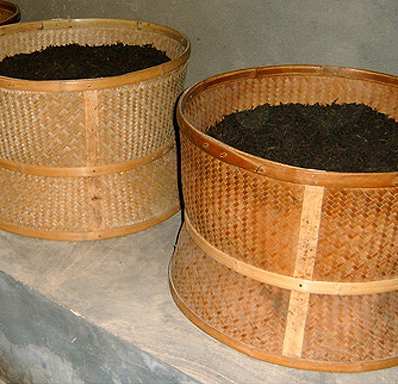
The tea is roasted over the charcoal for about 8-12 hours, depending on the weather, and the leaves occasionally need to be mixed by hand. The first roasting temperature is usually higher than subsequent ones, about 100-110°C (212-230°F). After the roast, the leaves are left to rest for 20-30 days, again depending on the weather. This allows the roasted character to slowly permeate to the center of the leaf for an even flavor while also letting moisture in the leaves to evenly redistribute. A rest also lets some of the inevitable smokiness dissipate. After their rest, the leaves are roasted again for another 8 hours or so at a lower temperature around 80-90°C (174-194°F). If the weather is bad, the tea will be roasted for a third time after another rest of about a month. It will take at least three months until the tea is finished, usually finishing up at the end of August.
No chemical fertilizer, pesticide, or herbicide was used in the production of this tea. Click here to read more about our promise to fair trade and the environment.

